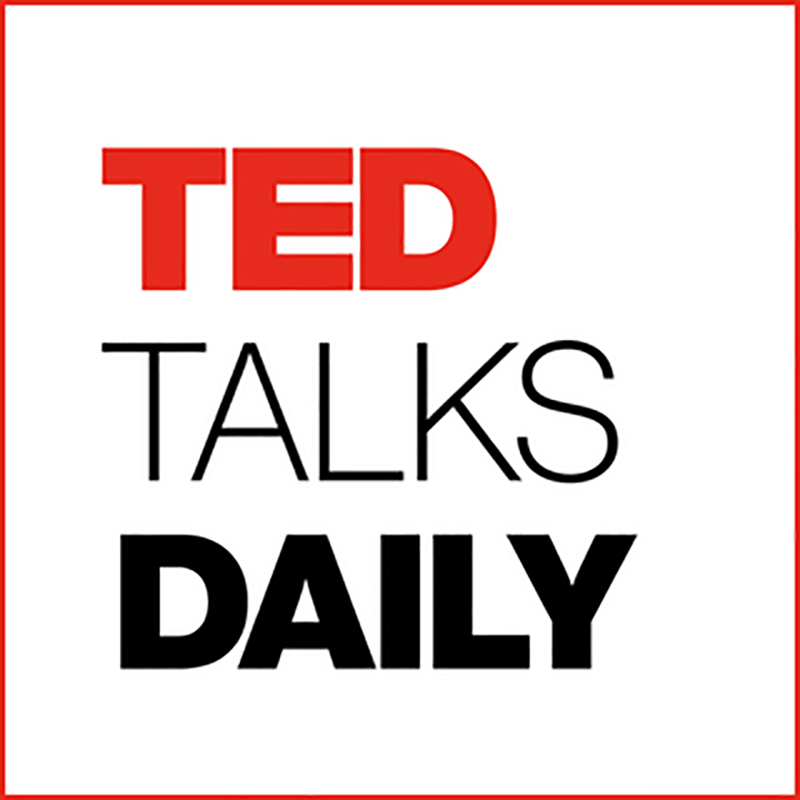TED Talks Daily, a great way to learn on the go
TED, a non-profit promoting the spread of ideas through the associated TED Talks (short speeches and presentations of about 18 minutes or less), began in 1984 as a conference. Originally talking about the convergence of technology, entertainment, and design — where the famous TED acronym comes from — today they offer talks on a wide range of subjects including science, business, and global issues.
You may have been asked to watch a related talk for a class, or have fallen down the rabbit hole of their YouTube channel on nights when you couldn’t sleep. If you too enjoy listening to people who are passionate about what they are talking about, but are either going to be without internet or prefer to process information through strictly audio, you may be pleased to learn that TED Talks Daily offers the same talks in podcast form.
Through your favourite podcast provider, TED Talks Daily covers the same range of subjects as the video talks, with crisp audio. The podcast is hosted by Elise Hu, who provides a brief introduction to each talk. These are updated every weekday, and maintain the same short format ranging from about nine to 18 minutes, with the occasional longer and multiple-part talks. In addition, TED also offers a number of other independent podcasts.
There are a few drawbacks to this podcast. As many, if not all, of these talks were originally designed for a conference situation, there can be moments where a speaker may ask for crowd participation, or refer to a visual aid that is being projected on stage. While these are easily panned to in video format they, obviously, cannot be translated into audio format. While the selection of episodes I’ve listened to did not have this as a major problem, it is something to be aware of.
In addition, many TED Talks handle potentially sensitive subject matter, and you are advised to be an informed listener and engage with potentially troubling content at your own risk. Generally, it is easy to gather what the talk will be about from the title.
As these talks were originally intended for a conference setting, and many these talks can also be found in video form on YouTube, you might be asking why you wouldn’t just watch them instead. While it is true that the occasional visual aid or non-verbal gesture can add something to the talk, the audio-only format has very few drawbacks. As previously stated, the audio is clean and speakers clearly enunciate.
There are some points, such as a late point in “The urgency of intersectionality” by Kimberlé Crenshaw where the audio-only format gives way to some really powerful moments that could only be achieved through this form or by actually being in the room. In this moment, Crenshaw has asked the audience to say the names of black women who have experienced, and in some cases not survived, violence at the hands of police. Preceded by a haunting audio clip of Abby Dobson, the audience’s voices meld into a cacophony of sound that is enough to move one to tears.
Overall, TED Talks Daily is a perfectly fine way to receive your TED Talks, and a wonderful way to learn a little more about the world. Whether it be in podcast or video format, you should browse their back catalog and see what piques your interest.


